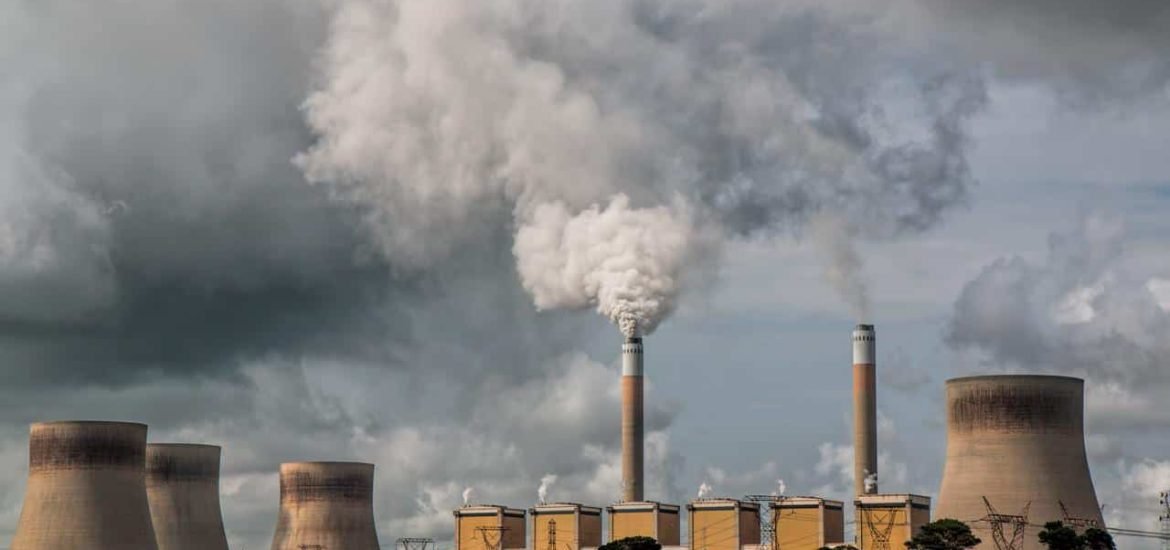
Any scenarios presented by BP, Royal Dutch Shell, and Equinor will not meet the Paris Agreement target, according to research by an organisation called Climate Analytics. This organisation includes researchers from various universities and research groups around the world, including the UK and Germany. Published in Nature Communications, this work aims to analyse if decarbonisation plans outlined by large energy companies are effective in reducing fossil fuel consumption.
Various scenarios are produced by commercial and academic institutions and project future energy requirements and greenhouse gas emissions. These scenarios are helpful to inform governments and other organisations aiming to determine how different sectors need to reduce greenhouse gas emissions.
These scenarios predict future energy requirements for different sectors, including agriculture and manufacturing, and project what energy sources would be needed, including fossil fuels and renewable energy.
Fossil fuel companies have produced their own scenarios for energy consumption for many years and have recently started to include the new decarbonisation objectives. However, the underlying assumptions that should follow the Paris Agreement are not always explicit. For this reason, it’s difficult to compare different scenarios developed by the scientific community, including the models used by the Intergovernmental Panel on Climate Change.
For this study, the team at Climate Analytics assessed six scenarios published between 2020 and 2021 and calculated what the temperature changes would be against the objectives of the Paris Agreement. The scenarios include four from major oil companies (two from BP and one from Royal Dutch Shell and Equinor) and two developed by the International Energy Agency (IEA).
The results show that only one of the scenarios from the International Energy Agency (IEA) Net Zero 2050 was aligned with the Paris Agreement. “Most of the scenarios we evaluated would be classified as inconsistent with the Paris Agreement as they fail to limit warming to ‘well below two ̊C, let alone 1.5 ̊C, and would exceed the 1.5 ̊C warming limit by a significant margin,” said Dr. Robert Brecha, co-lead author of the study from Climate Analytics.
“Even temporarily exceeding the 1.5°C warming would lead to catastrophic impacts and severely weaken our ability to adapt to climate change,” added Bill Hare, CEO and Senior Scientist at Climate Analytics.
The team recognises that it’s good that oil companies are planning for the upcoming transition to renewable energy. “However, it’s important that we don’t allow oil companies to mark their own work when providing suggestions for how the world can transition away from fossil fuels in a way that meets the Paris Agreement. It’s also important to be aware of these biases when databases of scenarios like this are used to frame what is possible and what is ‘radical’ in terms of climate goals,” said co-author Dr. Robin Lamboll from the Centre for Environmental Policy at Imperial.
The authors also assessed what features of each scenario followed (or not) the Paris Agreement. The use of renewable energy sources was similar to that in other scenarios that meet the Paris Agreement goals, but plans from oil companies still relied too much on coal and gas use.
Some scenarios include reforestation, but the analysis shows this was insufficient. “Although protecting existing forests and afforesting more regions is good, in a world of limited land and increasingly challenging growing conditions, it is unwise to rely too heavily on forests to save us from continued use of fossil fuels,” said Dr. Lamboll. “Furthermore, coal use is particularly noxious for health reasons quite unrelated to climate change, and should not play a role in our future even if we can grow forests or deploy negative emissions technologies to counteract the carbon.”
Crucially, this study allows policymakers to assess different scenarios published by different organisations. “Institutional assessments have historically been opaque on climate outcomes. Our study provides a direct line of sight from pathways to temperature. Governments should use these tools to carry out a robust assessment of the energy-system transformation to meet the Paris Agreement goals,” concluded Dr. Matthew Gidden, co-author of the study from Climate Analytics.
Brecha, R.J., Ganti, G., Lamboll, R.D. et al. Institutional decarbonization scenarios evaluated against the Paris Agreement 1.5 °C goal. Nat Commun 13, 4304 (2022). https://doi.org/10.1038/s41467-022-31734-1